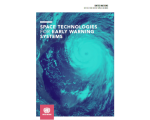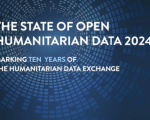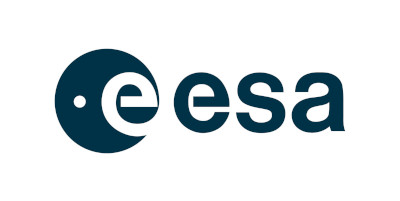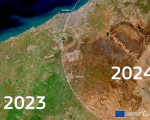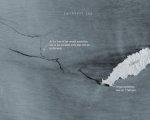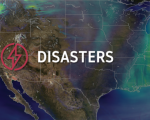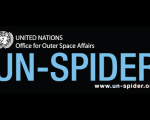New UNOOSA/UN-SPIDER Publication: Space Technologies for Early Warning Systems
martin.hilljegerdes
Tue, 12 Mar 2024 - 10:39
OCHA Publication: The State of Open Humanitarian Data 2024
spencer.zinke
Fri, 1 Mar 2024 - 12:37
Prolonged Droughts Cause Critical Impacts in the Mediterranean and Northern Africa
josi.bregulla
Mon, 26 Feb 2024 - 15:34
Tracking Oil Spill in Trinidad and Tobago Using Sentinel-1 Imagery
spencer.zinke
Mon, 26 Feb 2024 - 15:19
Copernicus Newly Launched Coastal Hub
spencer.zinke
Fri, 23 Feb 2024 - 14:59
